Urgency and nontransparency – two terms frequently linked to the deals the government makes during the coronavirus pandemic.
That was exactly the case with a decision made by the Ministry of Health to procure ten ambulances for the COVID-19 hospitals in Belgrade’s suburb of Batajnica and in the city of Kruševac, in November 2020.
Even though, according to the Law on Public Procurement, it was obliged to publicize the name of the company that was awarded the job, the criteria based on which it had been picked and the price on the Public Procurement Portal within three days after the date of the decision, this state institution has not done so to date.
Ministry representatives refused to send us the data, and the Public Procurement Office (which manages the Portal) did not say why it had not published that information either. The Center for Investigative Journalism of Serbia (CINS) reveals that the job estimated at 40 million dinars without VAT (48 million with VAT) was entrusted to a Fiat dealer, Kragujevac-based Nikom Auto.
Marina Mijatović of the Law Scanner NGO, specializing in the oversight of public procurement in health care, says that the Ministry of Health did not act in line with the Law:
“Not only was the Decision on awarding the contract not published, but there are also no data on the technical specification. If the majority of documents are missing, we cannot talk about procurement being public either. We can also consider that public procurement unfinished,” says Mijatović.

Lawyer Nebojša Bogdanović adds that because of that the Ministry should be fined between 100,000 and one million dinars, while the responsible person should be handed down a fine of between 30,000 and 80,000 dinars.
“What is odd in this procedure is that due to urgency you carry out the negotiation process without issuing a public invitation in November 2020, but to this day we do not know whether a contract was concluded, with whom it was concluded and what the price of the ambulances was, or if procurement was dropped, which is also unusual,” says Bogdanović.
Nevertheless, the procurement procedure did wrap up and the ambulances arrived – at one destination at least.
Zoran Perišić, director of the University Clinical Center in Niš, whose jurisdiction includes the COVID-19 hospital in Kruševac, says that two ambulances arrived at this health care institution.
“Both are registered and both are being used… They were at the opening there. If you look at the photos from the opening ceremony, you will see that there were two Fiat ambulances parked. At the time they had Clinical Center of Serbia written on them, that has been taped over and now reads UCC Niš,” says Perišić.
The remaining eight should be in Batajnica, however we did not get confirmation of that either from the head of this health care institution, Tatjana Adžić Vukićević, or from the Ministry.
CINS also tried to check whether procurement of the ambulances cost the planned 40 million dinars.
The sales manager in charge of Fiat’s commercial vehicles at Nikom Auto, Vladimir Novaković, says that the company charged about 3.9 million dinars without VAT per vehicle.
“Vehicles with a stronger engine, better equipped, were going, and we gave [them] for a market price. So, on our part, the job was done very well,“ he claims.
He adds that the ambulances were delivered to the Ministry in December, before the New Year.
Installation of equipment for an ambulance is also a part of the job, which, among other things, entailed changing the interior, the floors, lights and sirens, which Niš-based company Markonis did as the subcontractor. A sales specialist at the company, Mladen Kosović, says that Markonis got about 10,000 euros for the job per vehicle.
Unjustifiably urgent procurement
The deal between Nikom Auto and the Ministry was made on the grounds of the negotiation process, without the issuing of a public invitation, i.e. through “closed” procurement which is resorted to in cases of great emergency, such as after natural disasters.
The reason for the urgency in buying the ambulances was the deadline for the construction of the hospitals, the Ministry said in the tender documents published on November 11, 2020. These health care institutions were expected to receive their first patients as early as December.
“Given that the date of inauguration of the aforementioned COVID-19 hospitals is known, we believe there is an urgent need for procuring ambulances necessary for transporting COVID-19 patients, which is an emergency epidemiological circumstance the contracting authority could not have foreseen in advance,” the Ministry said.
However, according to the Information on launching the procedure, they had the money for the ambulances as early as October 1, i.e. more than a month before the tender was called. In addition, at the time when procurement was announced, the hospitals in Kruševac and Batajnica had already been under construction for three months.
“That is old practice, to file as urgent what is not urgent so as to give the job to the desired, anticipated winner through a less transparent procedure. This absolutely looks like that,” claims the president of the Coalition for Oversight of Public Finances and public procurement expert, Dragan Dobrašinović.
The Law Scanner’s Marina Mijatović agrees that the urgency was not justified. She says that the available documents show that a more transparent procedure should have been conducted:
“The Ministry cites urgency because of the deadline planned for the construction of the COVID-19 hospitals. However, this argument is not enough because the information on awarding the contract for the construction of the hospital in Batajnica was published on August 19, 2020, meaning that public procurement of the vehicles could have been initiated immediately. Moreover, the information of the Ministry of Health (already at that time) states that the construction of the hospital is slated for completion by December 1, 2020.”
Dobrašinović explains that such procedures are rarely justifiable. He adds that procuring ambulances in this way completely fits something that has been a trend for the past year – conducting procurement in the health care sector in a nontransparent manner.
Mijatović also says that the negotiation process, without the announcement of the public call, leaves more room for malfeasance than an open procedure, while “the pandemic allows for its broad application.”
“Novelties in the Law have given contracting authorities the option of not even needing the opinion of the (Public Procurement) Office, due to extreme urgency, for example where health care is concerned, which additionally opens the way for avoiding transparency and greater corruption (deals between the contracting authorities and the bidders),” says Mijatović.
Thus, in the case of this procurement the public has no access to the data on what is sought in it, i.e. the document which shows the required features of the vehicles and guarantees that the companies can do the job is missing, and only companies invited by the Ministry could take part in the tender, without an explanation as to why those particular companies were chosen.
Nikom’s state jobs
For years now, Nikom Auto has been getting state jobs in public procurement procedures, like procurement of police vans, ambulances, official vehicles, but also vehicle maintenance.
Certain characteristics of the required vehicles in several procurement procedures look like they were copied from Fiat’s catalogs, like the ones that can be found on the Nikom Auto website.
“TPMS (tire pressure monitoring system),” “Brake system: with ABS EBD (electronic brakeforce distribution),” “ESC (electronic stability control) with: MSR-ASR Hill holder,” “self-ventilated front brake discs on protective side molding” and “on-board computer” are just some of the items state institutions had listed as necessary for the vehicles they purchased from Nikom Auto.
In 2020 and 2021, Nikom Auto procured cars for the Take the Receipt and Win raffle, for a sum of over 160 million dinars. In both years, the Serbian Property Directorate addressed Nikom Auto exclusively, through expedited procedure.
Representatives of Auto Mirkos do not remember this procurement, but assume that they requested the documents because not enough details had been publicized.
“I don’t see that we ever made a bid. Maybe we just requested the documents, the information may have been cursory, that we didn’t know the specification. So we requested [it] and when they sent [it] to us or asked us if we would like to participate, we gave up. We didn’t send a bid or anything. Most tenders end that way anyway. They put some specification where we can’t take part and that’s it,“ a representative of the Požarevac company says.
COVID-19 hospitals also built urgently – competitors become partners, while prices rise
It wasn’t just ambulances that were urgently procured for the COVID-19 hospitals in Kruševac and Batajnica. The hospitals themselves were built based on a contract concluded in expedited procedure, without information related to the project itself, the Danas daily reported.
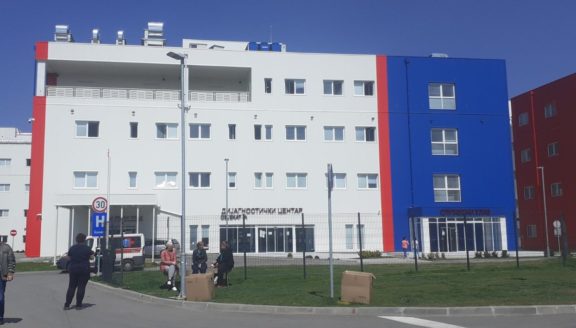
The Ministry of Defense on July 24, 2020 invited three construction companies, without clear criteria, to compete for the job. The job went to Belgrade-based Termomont with partner companies Teming Electrotechnology from Niš – which works on electrical installations – and BP Consulting Project from Kruševac, which provides services in the fields of security and workplace safety, protection against fire and environmental protection.
However, not even the two companies that were “eliminated from the race” in the tender, Lazarevac-based Bauwesen and Niš-based Put Inženjering, were left without “a piece of the pie.”
Even though the Law on Public Procurement prohibits a bidder who applied independently for a tender from simultaneously taking part in a joint bid or as a subcontractor, research conducted by CINS shows that the two companies that participated in the tender but did not get the job subsequently became Termomont’s subcontractors in the construction of the hospitals.
Dragan Dobrašinović suspects there is a cartel agreement between these companies:
“They practically close the market there, arrange their parts of jobs. One or the other will get it (the job), they probably already know in advance who is going to get it and there is room there for each of them. Each of them gets their share of the job and their share of the income.”
Termomont owner Dejan Burčul declined to comment on the cooperation with Bauwesen and Put Inženjering because, as he put it, that was something that happened more than a year ago.
“You have to talk to the one who conducted public procurement about that, not me. I made the most normal bid, the time was short, and I was working with subcontractors who were capable of completing the works,” said Burčul.
It wasn’t just the number of companies building hospitals that increased. The prices did, too.
The price of construction of the hospital in Batajnica in the course of five months “jumped” from 3.3 billion to 3.9 billion dinars, Danas reported. The reason for that were “unforeseen circumstances and the need for urgently continuing the works.” For the Kruševac hospital, the price was raised twice – from 1.6 billion to 2.3 billion dinars, and in April 2021 to almost 2.5 billion dinars with VAT.
In the Amendment to the contract, the Ministry says that the reason for the last price hike was the urgent reconstruction of the last two floors of the newly built hospital, for the accommodation of medical staff.
Zoran Perišić, in charge of the Kruševac hospital, was unable to tell us what these changes in construction works entailed, but rather told us to address the Ministry of Defense, which does not respond to questions and requests from CINS journalists. Termomont owner Dejan Burčul did the same.
The making of this story was supported by the Open Society Foundation, Serbia. The sole responsibility for the content of the story lies with CINS and does not necessarily reflect the views of the OSF, Serbia.
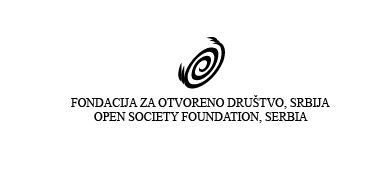
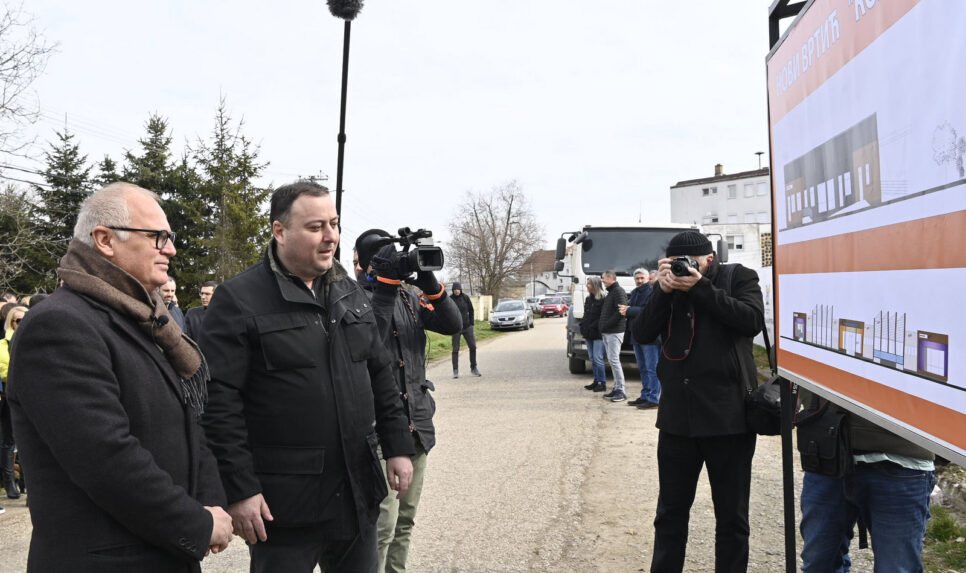
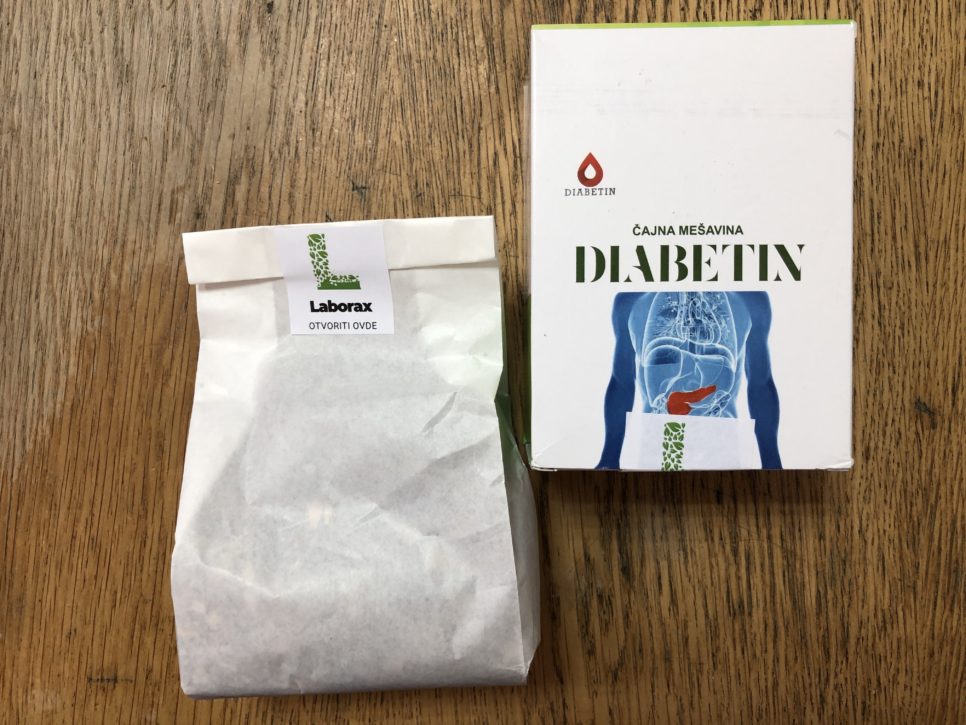

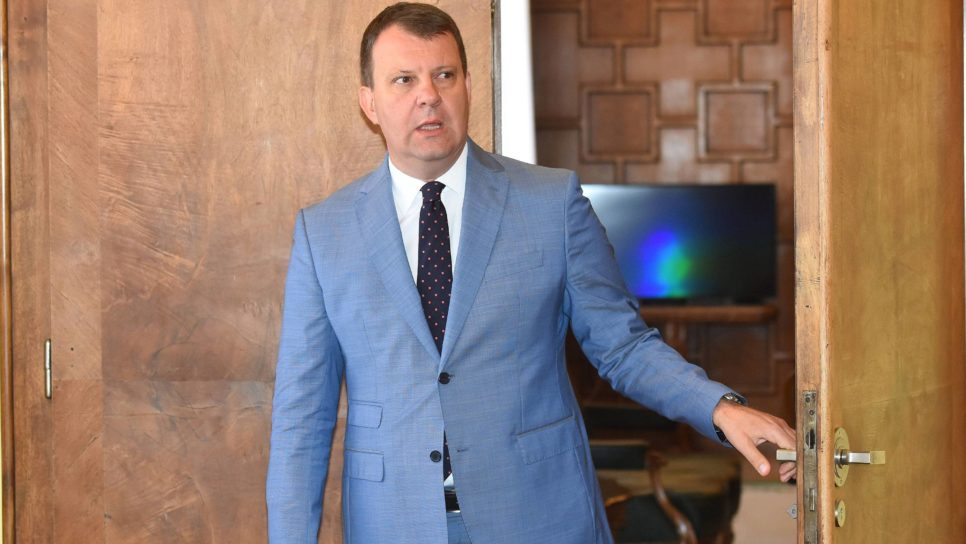

What do you think